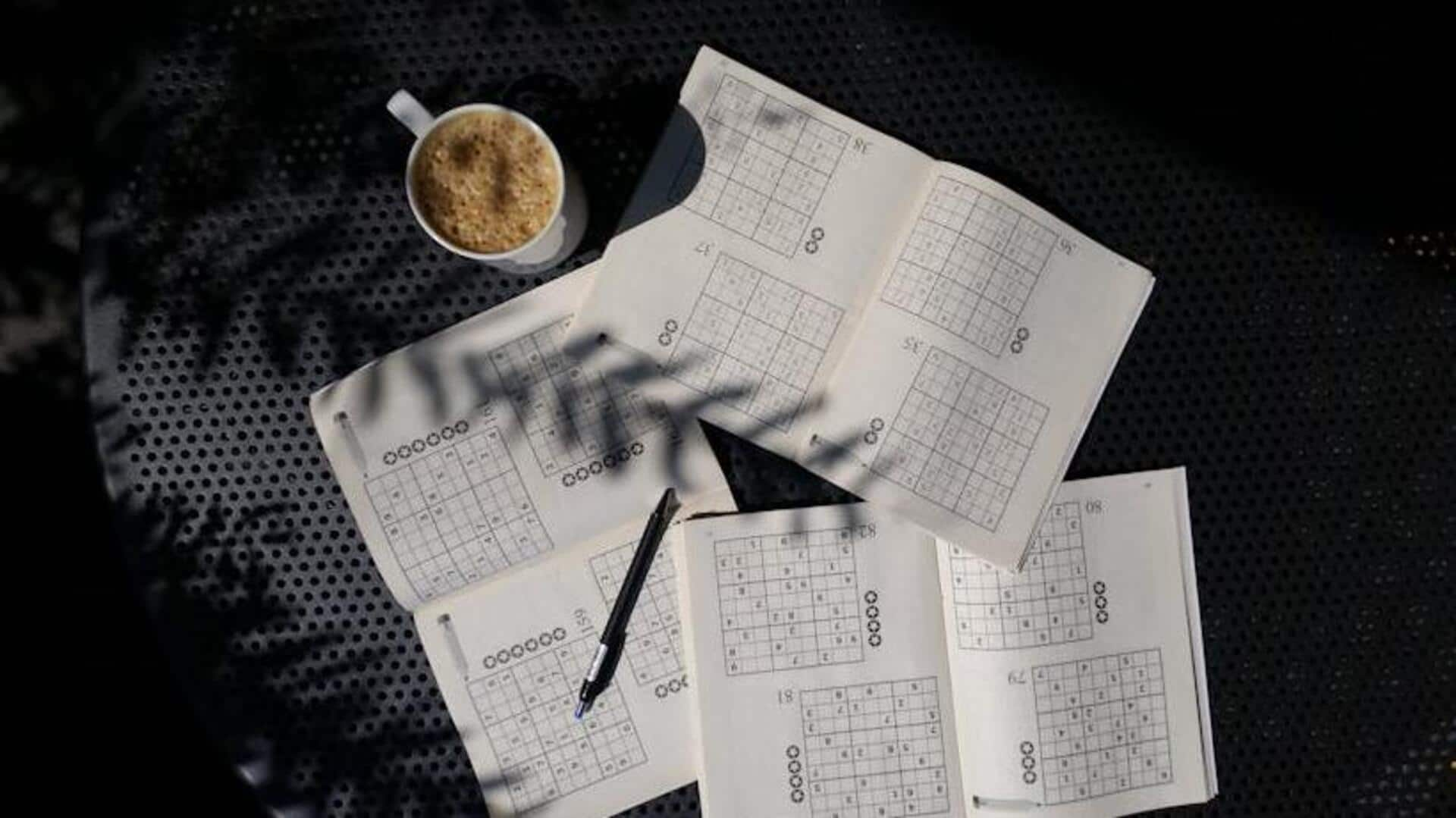
Is your child weak in math? One hack: Solving puzzles
What's the story
Incorporating daily puzzle games into a child's routine can dramatically improve their mathematical fluency. This method not only makes learning math enjoyable but also fosters problem-solving skills, critical thinking, and the ability to persevere through difficult tasks. By setting aside a few minutes each day to engage in mathematical puzzles, children can build a solid foundation in math that will serve them well throughout their academic career and into adulthood.
Basics
Starting with simple puzzles
Start by giving children simple puzzles that aren't too hard for them. Begin with easy addition and subtraction puzzles, and slowly make them harder as they get used to them. This way, kids gain confidence in their skills while gradually pushing their limits. Simple puzzles like Sudoku or number crosswords are perfect choices because they only need basic math operations but also get kids thinking critically and spotting patterns.
Consistency
Incorporating puzzles into daily routine
It's important to establish a regular routine for puzzle-solving to ensure consistent learning and engagement. Allocate a set time each day for your child to focus on math puzzles. This could be after school, before bedtime, or whenever suits your family's routine. Consistency builds a habit, and your child will start anticipating this time of day as a chance for enjoyable learning.
Selection
Choosing age-appropriate puzzles
Choosing the right puzzles for your child's age and abilities is key. For younger kids, picture-based puzzles with counting or simple addition/subtraction are super fun. For older kids, they can try logic grids or algebraic word problems for a real brain workout. You can find plenty of free or cheap math puzzles online that are just right for your child's age.
Teamwork
Encouraging collaboration and sharing
Motivate your child to sometimes work on puzzles with friends or family members. This teamwork approach to problem-solving amplifies the fun and minimizes intimidation for some kids. Plus, it provides a valuable opportunity for social learning, where they can share strategies and solutions with others. This collaboration helps develop communication skills and instills the value of working together.
Digital tools
Utilizing technology wisely
In the digital world we live in, there are endless apps and websites that offer educational games, including math puzzles that are fun for kids of all ages. While one shouldn't depend only on screens for learning, they can be super useful if used wisely. Find apps that provide increasing levels of difficulty so your child keeps getting challenged as they get better with time.